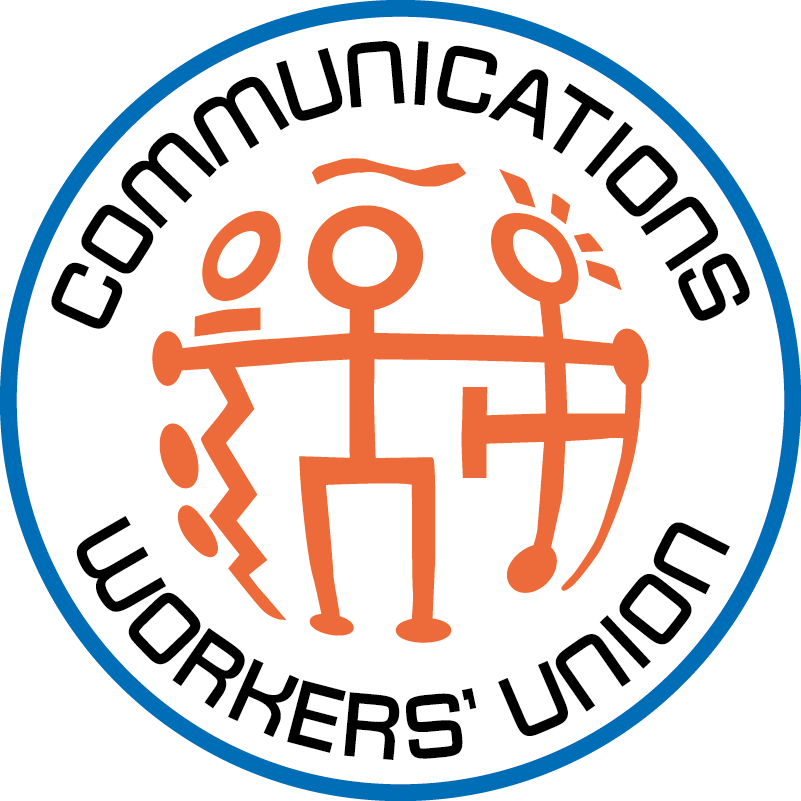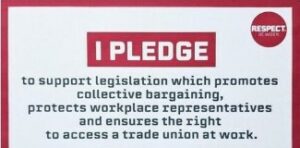This week’s landmark ruling by the US National Labor Relations Board (NLRB) banning captive audience meetings has exposed the weakness of workers’ rights in Ireland, the Respect at Work campaign has said.
Captive audience meetings occur when employers mandate that workers attend meetings during which the company expresses its opinion on efforts to unionise.
In her ruling, NLRB chair Lauren McFerran said such meetings give employers “near-unfettered freedom to force their message about unionisation on workers” and undermine “a truly free choice” over union representation.
In Ireland, captive audience meetings are not only legal but commonplace. They are a standard part of the union-busting playbook which is utilised by hostile employers across the state to undermine workers’ rights and workplace representation.
Sharon Gill, a former 999 call centre worker who tried to unionise her workplace, experienced captive audience meetings first hand.
“When we tried to organise 999 call centre workers, we were dragged into a captive audience meeting. It was a hostile atmosphere designed to intimidate workers and deter us from unionising.
“At the meeting, we were told that forming a union was an act of self-harm. There were threats to our jobs and livelihoods.
“Why should workers in Ireland be subjected to these kind of scare tactics when they are now illegal in America?”
Fionnuala Ní Bhrógáin, spokesperson for the campaign, said that the ruling in the United States highlighted the need for legislative change in Ireland.
“The United States is often held up as an example of a country where workers are mistreated. But the truth is, in this and many other areas, Ireland is the real ‘Wild West’ when it comes to workers’ rights.
“This is the reason that 400,000 workers in Ireland are low paid, with many more facing the reality that their wages won’t cover their bills this Christmas.
“The Respect at Work campaign is calling for real legislative change to promote collective bargaining, protect workplace representatives and ensure the right to access a trade union at work.
“Everyone should have the right to stand up for better working conditions without fear of retribution.
“In this General Election, it’s time for politicians to listen to workers for a change.”



